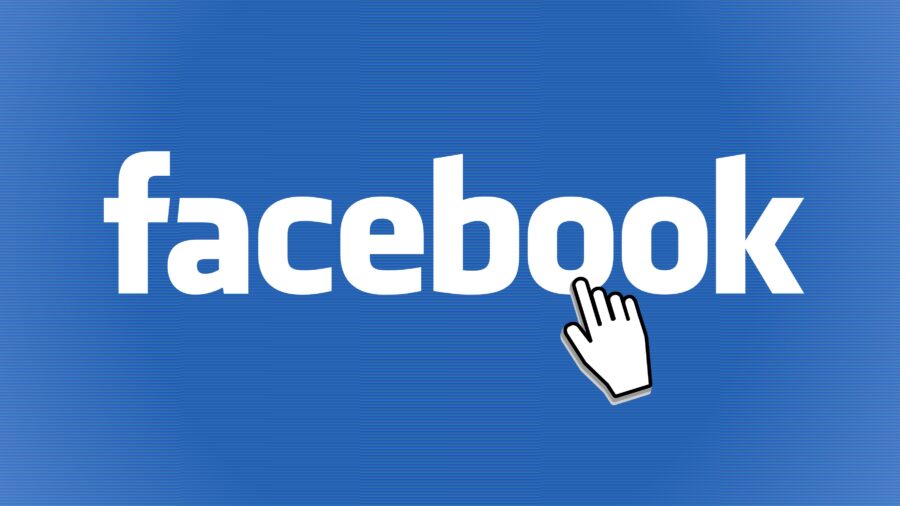Antitrust Lawsuit Filed Against Facebook By 48 States Seeking To Break The Company Up
Facebook is facing a daunting lawsuit regarding their social media dominance.
This article is more than 2 years old

Facebook is facing a daunting lawsuit from the federal government and 46 state attorneys that alleges the social media behemoth has used illegal strategies to keep its platform at the forefront of the social media landscape.
The lawsuit claims that Facebook bought up smaller competitors and closed off its platform to many developers of apps that it believed could be a threat to its service. In doing so, it was able to crush any potential adversaries that potentially threatened the social media giant’s dominance. In the process of doing these things, Mark Zuckerberg’s company also weakened privacy protections for its user base.
New York Attorney General Letitia James is leading the charge against Facebook and spoke about the lawsuit on Wednesday. “For nearly a decade, Facebook used its dominance and monopoly power to crush smaller rivals, at the expense of users,” James said. “No company should have this much unchecked power over our personal information and our social interactions.”

The Federal Trade Commission filed a parallel lawsuit that supports the claims from the 46 state attorneys. Both lawsuits are trying to get the courts to make Facebook segment its other social media purchases, Instagram and WhatsApp, into separate entities. The lawsuits also want the company to be made to seek government approval for any other mergers it attempts in the future.
Those mentions of Instagram and WhatsApp are a big part of the lawsuits’ argument for why Facebook is trying to do its best to monopolize the social media marketplace. Prosecutors allege that the 2012 purchase of Instagram for $1 billion and the 2014 purchase of WhatsApp for $19 billion demonstrates how Facebook’s main tactic was to buy quickly-growing startup companies that threatened its marketplace advantage. At the same time, the lawsuits claim that this deprived consumers of alternative options that would be more focused on their users’ privacy rights.
Facebook has always maintained that its social media service is free and that has allowed them to circumvent a lot of usual business issues. However, a new narrative is building that says the service is not truly free because users pay with their own private data that is then completely controlled by Mark Zuckerberg’s company. Then, when Facebook decides to do whatever it wants with that data or subjects consumers to unknown surveillance and data manipulation, that is where the “cost” of the service is being found.

It is going to be interesting to see if Facebook ends up feeling any heat from this lawsuit. With other social media platforms like Twitter, Snap, and TikTok thriving over the years, it will be an uphill battle for the claimants when it comes to establishing the claim of Facebook’s monopolistic hold on the social media landscape. However, the overwhelming support from so many state attorneys and the Federal Trade Commission definitely gives these lawsuits some heavy firepower.
There is no question that Facebook has cemented itself as an incredibly powerful force in the world. So much of the platform has fallen victim to successful disinformation campaigns, with one researcher going so far as to say that Facebook groups are destroying America. Will these lawsuits be able to quash some of the issues the social media giant has allowed to thrive over the last decade?











